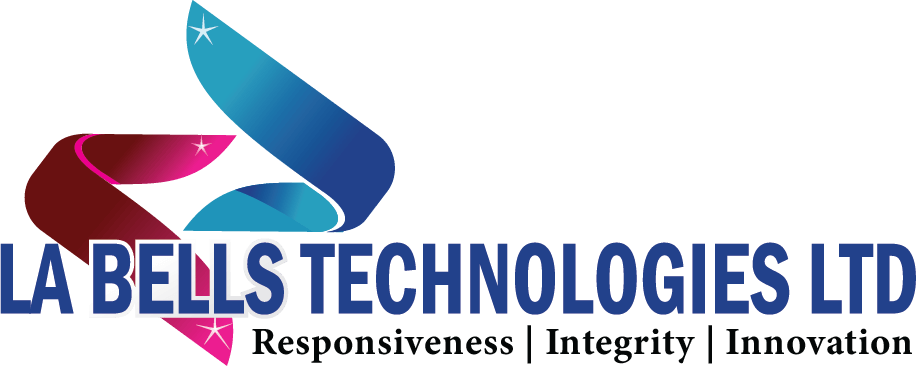Electronic Tax Registers (ETRs) are electronic devices used to record sales transactions and calculate tax obligations for businesses. In recent years, some countries have upgraded their ETR systems to increase efficiency, reduce fraud, and improve tax compliance. Here are some things you should know about upgraded ETRs:
- Features
Upgraded ETRs often have additional features like real-time connectivity to tax authorities, digital signature capabilities, and data encryption to protect against fraud.
- Compliance
Businesses are required to use the upgraded ETRs to comply with tax regulations. Failure to do so can result in penalties, fines, or even the revocation of a business license.
- Integration
Upgraded ETRs can integrate with other business software, such as accounting for inventory management systems, to provide a more streamlined and efficient process.
- Data storage
ETRs are required to store transaction data for a specified period, which varies by country. Upgraded ETRs often have larger storage capacities and more secure data storage systems.
- Benefits
Upgraded ETRs can provide benefits for businesses, including improved accuracy of tax calculations, faster processing of transactions, reduced administrative burden, and increased protection against fraud.
Overall, the upgrade of electronic tax registers can bring significant benefits for businesses and tax authorities alike, promoting efficiency, accuracy, and compliance with tax laws.

